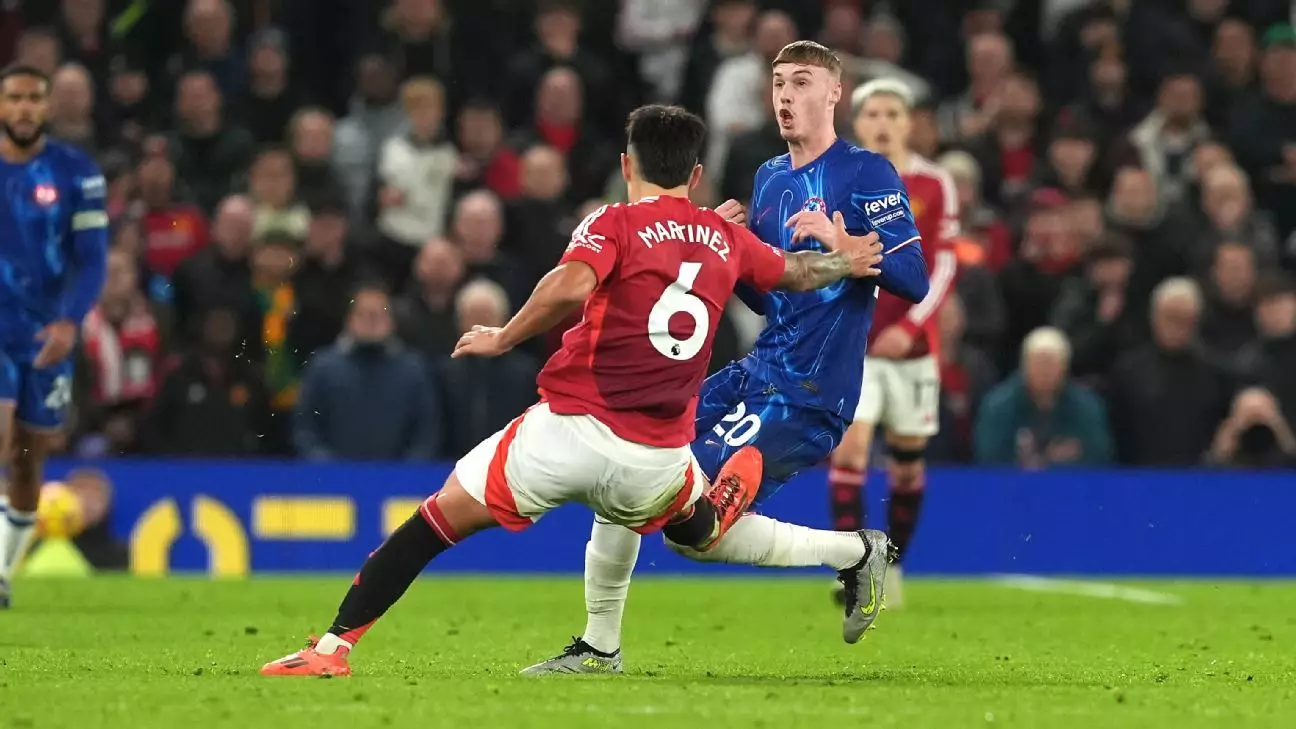The introduction of the Video Assistant Referee (VAR) system in the Premier League was intended to minimize officiating errors and enhance the quality of decision-making in football. Yet, week in and week out, VAR decisions spark heated debates among fans, pundits, and even players. This article sheds light on the complexities of VAR decisions during a recent match week, examining how the system works, the intricacies involved in each situation, and whether the calls made were justified.
The Basics of VAR Implementation
At its core, VAR aims to support the on-field referee with four key aspects: goals, penalty calls, direct red cards, and mistaken identities. However, the system’s efficacy is hampered by the subjective nature of many footballing decisions, leading to inconsistencies that baffle spectators. The protocol entails the on-field referee making an initial call based on their observations, which VAR officials can review for potentially clear and obvious errors. However, what constitutes a clear and obvious error remains a gray area, often leaving room for interpretation.
One notable incident from the recent matches involved Manchester United’s Lisandro Martínez, who challenged Chelsea’s Cole Palmer in a questionable manner. While on-field referee Rob Jones opted for a yellow card rather than a red, VAR official Michael Salisbury decided against an intervention. Analyzing this decision reveals a troubling consistent pattern in VAR’s handling of serious foul play. In the previous season, only 62.5% of serious foul play red cards justified through VAR were upheld, suggesting a mismatched understanding of what constitutes an egregious foul.
Martínez’s challenge, which struck Palmer’s knee with studs exposed, could easily be interpreted as endangering the player. The high bar for VAR intervention meant that rather than overturning the referee’s call, the VAR sought justifications to uphold it. The inconsistency is palpable—last season, several dubious challenges resulted in harsher interventions. This leads to the pressing question: are we prioritizing the letter of the law over player safety?
In another incident during the same match week, Manchester United was awarded a penalty after a challenge involving goalkeeper Robert Sánchez. In this case, VAR found the initial referee’s decision valid; thus, no intervention was deemed necessary. What stands out here is the application of the same principles that governed the Martínez incident. It seems that once contact is identified, the penalty is automatically upheld, leaving numerous questions regarding the consistency of the evaluation process.
This brings us to clubs feeling aggrieved by VAR. Ipswich Town, newly introduced to the system, have found themselves at the bottom of the VAR overturns table. With no penalties awarded in their favor, tensions were palpable as club executives voiced concerns about the inconsistencies in decisions. Fans, players, and management often insist that subjective calls betray the integrity of the game. The subjective gray areas in refereeing create frustration when decisions could drastically affect the flow of a game.
Competition is fierce in the Premier League, where a single point can make the difference between relegation and survival, or qualification for European competitions. This high-stakes environment places enormous pressure on referees and VAR officials. Take the Crystal Palace incident, where their last-minute “winner” was disallowed due to a foul on the goalkeeper, which sparked anger among the team’s supporters. In this case, the referee had determined the goalkeeper had control of the ball, reinforcing the idea that subjective interpretations largely shape the game.
Consider also a situation involving players who may have been the beneficiaries of VAR intervention. The broad application of the DOGSO (Denying an Obvious Goal-Scoring Opportunity) rule leads to baffling decisions, with many calling for more aggressive use of VAR to enforce consistency in the application of cards.
A Need for Reform or Reassessment?
As these incidents illustrate, VAR has yet to live up to its intended purpose of creating a fairer and more transparent game. Fans routinely express frustration with the inconsistency of officiating, and a lack of transparency regarding VAR decisions undermines the system’s credibility. There lies a call for not only enhancing how the technology is used but also exploring potential reforms in how referees interpret crucial moments within the game.
While VAR holds the promise of elevating the standards of officiating in the Premier League, it finds itself mired in controversy due to subjective interpretations and inconsistencies. As debates continue and calls for reform grow louder, stakeholders must recognize that the ultimate goal should always be the integrity of the game, prompting a reassessment of how VAR is utilized and governed. Only with cooperative dialogue can VAR evolve into an effective tool that respects the dynamic and unpredictable nature of football.

Leave a Reply